It’s common for individuals to have hair on their buttocks. Like many physical characteristics, the amount and appearance of hair on the buttocks differ from person to person.
Generally, buttock hair is primarily a cosmetic matter rather than a medical one. Whether you want to reduce or remove it is a personal choice.

Why do I have a hairy butt?
Below are several typical reasons for hair on the buttocks:
Genetics
Your genetic makeup influences how much body hair you develop, along with attributes such as color and texture. So if you have substantial hair on your buttocks, it’s likely an inherited trait from your parents.
Medications
Certain medications can lead to increased body hair, for example:
- testosterone
- danazol
- fluoxetine (Prozac)
- metyrapone
- systemic corticosteroids
- anabolic steroids
Adrenal diseases
The adrenal glands produce androgens, hormones that can stimulate body hair growth in both women and men. Adrenal disorders that may include increased body hair as a symptom include:
- hyperplasia
- Cushing syndrome
- adrenal tumors
Ovarian diseases
The ovaries help regulate hormone balance in the body. Certain ovarian conditions can cause more body hair. These include:
- polycystic ovarian syndrome (PCOS)
- ovarian tumors
- hyperthecosis
Body hair types
Humans have three main hair types:
- Terminal hair. Thick and long, this type forms the eyebrows and scalp hair.
- Androgenic hair. This is terminal hair that appears on the body, such as arms and legs.
- Vellus hair. Very fine, light body hair that is nearly invisible.
Most body hair starts out as vellus hair. As people age, hair in certain areas — like the armpits, chest, arms, and pubic region — tends to become darker, longer, and more abundant.
This transition from vellus hair is driven by rising androgen levels (male hormones such as testosterone). After puberty, males typically develop coarser, more plentiful body hair. Females experience a less pronounced change, though some may notice increased hair on the chest, abdomen, back, and buttocks.
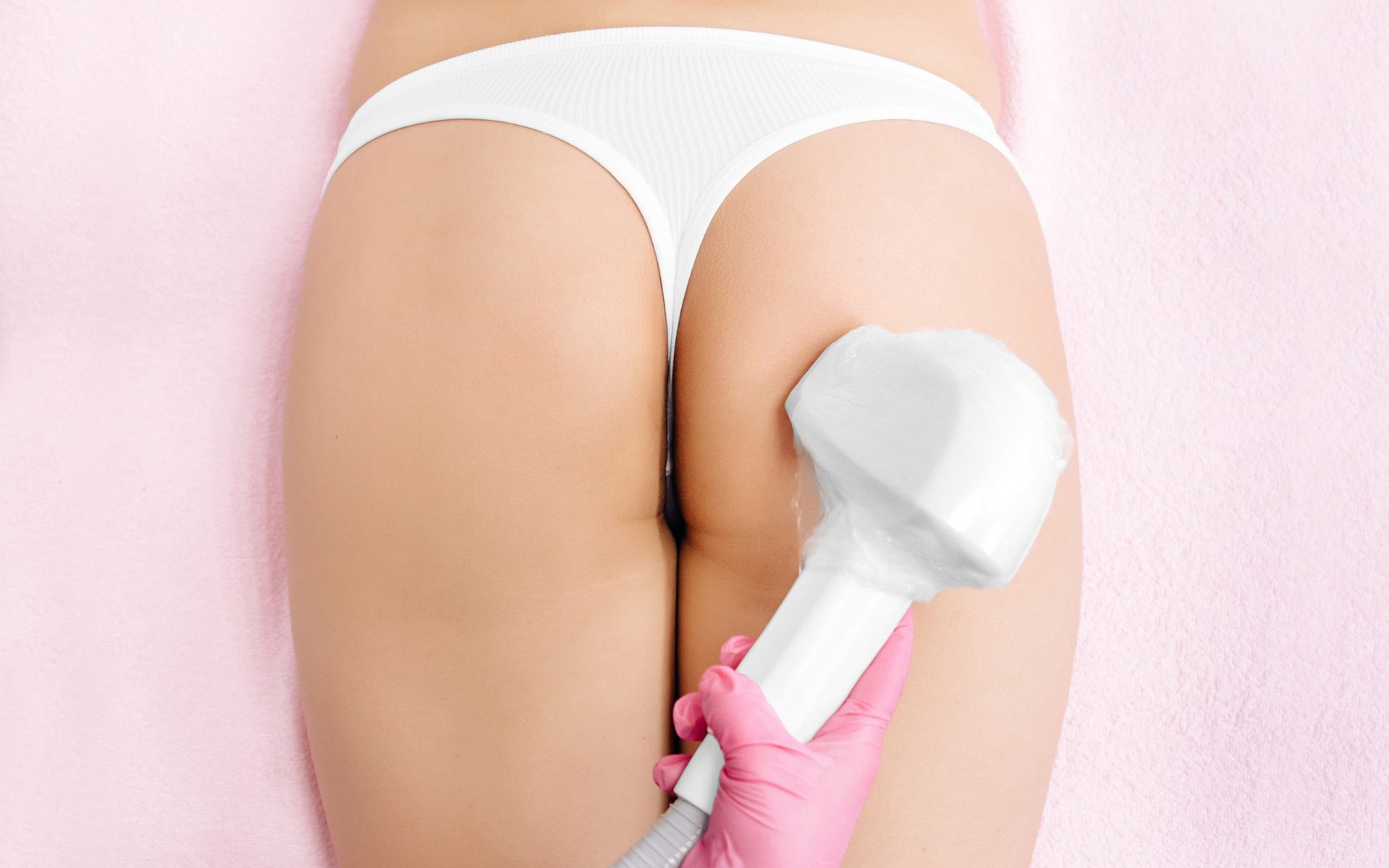
Permanently removing hair from the butt
If you want permanently smooth buttocks, the two most commonly used permanent hair-reduction methods are laser treatment and electrolysis:
- Laser therapy. A clinician directs a focused laser beam over the skin to injure hair follicles, which restricts regrowth. Multiple sessions are often necessary.
- Electrolysis. A practitioner inserts a tiny probe into each hair follicle and applies an electric current to damage and eventually destroy it. Without a functioning follicle, hair will not regrow.
Removing butt hair at home
If you prefer smooth buttocks without professional procedures, there are several at-home options for hair removal, including:
- shaving
- waxing
- sugaring
- depilatory creams
Some people choose to trim instead of fully removing the hair. Using an electric trimmer with the appropriate attachment can be gentler on the skin and may prevent the prickly sensation that can occur as hair grows back.
Takeaway
Most people have hair on their buttocks. For some, it’s fine and barely noticeable; for others, it’s thicker, darker, and denser. Both scenarios are normal.
Whether to keep or remove buttock hair is usually a matter of personal preference. However, a sudden increase in body hair can sometimes signal an underlying issue, such as a medication reaction or an adrenal or ovarian condition. If you see unexpected changes in body hair, talk with your healthcare provider.





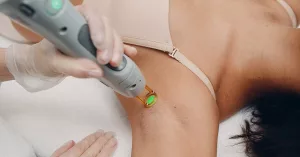
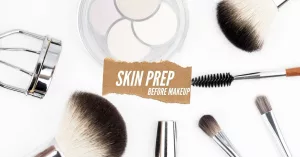
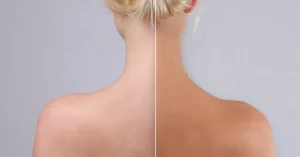
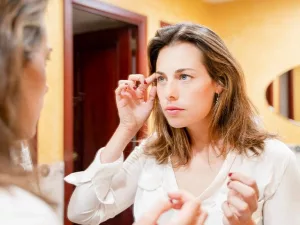








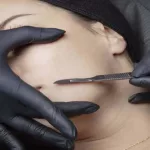
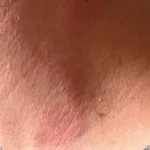






Leave a Reply
You must be logged in to post a comment.